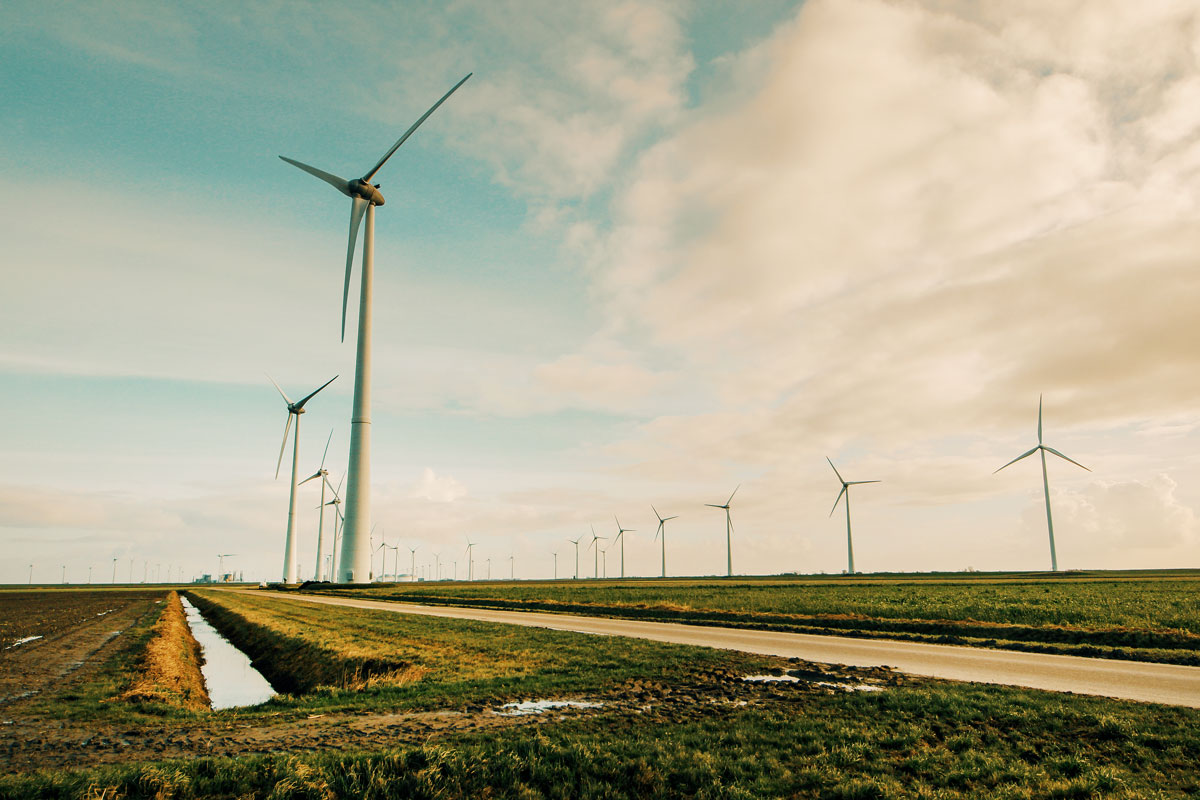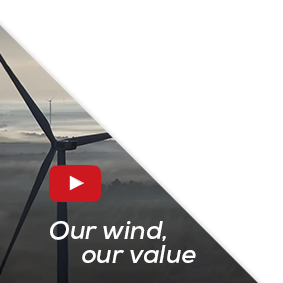21 February 2018
European Parliament votes to make European electricity market ready for renewables

The European Parliament’s Committee on Industry, Research & Energy (ITRE) today voted to modernise Europe’s electricity markets. The ITRE Committee gave its green light to the recast Electricity Directive & Regulation, two of the main files in the Clean Energy Package.
Priority dispatch – which guarantees renewables are injected first into the grid – will continue to apply to existing wind farms. For new assets priority dispatch will be phased out from 2020 onwards. In its place come better rules on curtailment. In the case of grid congestion, renewables will be curtailed last and properly compensated for it.
The Parliament voted to retroactively phase out balancing requirements, both for new and existing installations. It means that renewables assets will no longer be exempted from compensating Transmission System Operators (TSOs) for any deviations in their projected generation.
The Parliament also voted to introduce an Emission Performance Standard (EPS) from 2020 of 550 gr CO2/kWh for capacity payments. This would phase out capacity payments for Europe’s most inefficient and polluting power plants. This should leave more room in the market for renewables. And apply immediately for new installations instead of after five years as the European Council proposed.
Finally, the Parliament also gave its support to a European-level monitoring of the security of electricity supply. This is significant as any country seeking to apply a national capacity mechanism would need to justify this based on European – and not national – resource adequacy assessments.
WindEurope CEO Giles Dickson said: “For consumers to take full advantage of wind energy, the rules governing Europe’s electricity market have to change. For Europe to move towards a higher share of renewables in the power mix, it needs properly functioning cross-border electricity markets with adequate grid infrastructure. That requires fair competition between energy sources and more flexibility.
“It’s good the Parliament is keeping priority dispatch for existing wind installations. And to see clear rules on curtailment. This helps wind energy projects to reduce risk, lower their costs of capital, and thus minimise the cost of renewables support for consumers. But we are a bit worried about the new rules on balancing. It’s unclear what compensation will need to be paid to TSOs. And wind farms will need to delegate this to third parties with no guarantees it will be done at a fair price.
“It’s good the Parliament voted for an Emission Performance Standard for capacity payments. Consumers’ energy bills should not be supporting the continued operation of Europe’s most polluting power plants, when cleaner options are available at low cost. An EPS will create more space for wind energy on the grid and help accelerate the phase-out of polluting power plants. New rules should tighten the conditions on capacity mechanisms helping to prevent over-capacity.
“Overall, today’s vote is good for the energy transition in Europe. MEPs endorsed a deal that’s fair and significantly better than what Energy Ministers agreed in December last year.”


